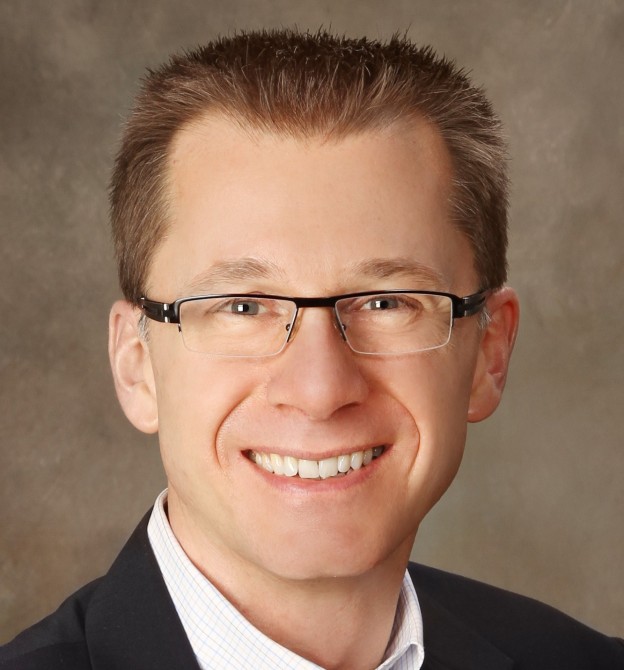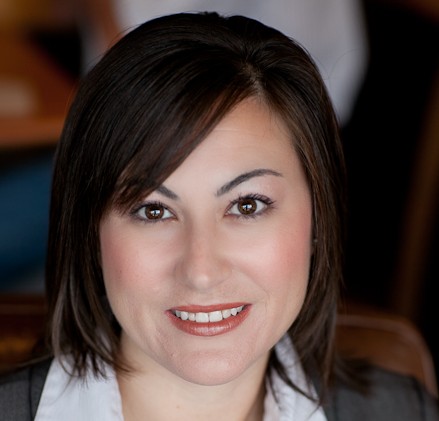All-in-one device providing independence for older seniors and peace of mind for families
SOURCE: MARKETWIRED
VANCOUVER, BRITISH COLUMBIA–(Marketwired – June 17, 2014) –
Claris Healthcare today introduced Claris One™, an easy-to-use countertop device that offers family members the ability to connect with their aging parents and share the responsibility of caregiving. Claris One™ is an affordable solution for busy adults wanting to provide the conveniences of online communication to their older parents without having to worry about unfamiliar technology.
“Most families rely on technology to stay connected, whether it’s through email, text, or online services,” said Geof Auchinleck, co-founder and CEO of Claris Healthcare. “Unfortunately many older seniors are left out of these conversations. We believe every senior deserves to be connected online with their family and home care providers.”
The natural bamboo frame is specifically designed to appeal to older, more reluctant seniors. The device offers a 10-inch high-definition screen with 10-point multi-touch navigation, dual internal speakers, and a front facing camera that allows for video calling. User monthly subscription includes unlimited family and caregiver access to Claris Healthcare’s website, allowing Claris One™ to be configured remotely, any time, anywhere. Each device essentially creates a secure social care network around seniors and includes a private email address and text message number, with unlimited text messaging, video and photo sharing capacities. Older seniors wary of technology will find comfort in spam, scam and privacy protection, as well as customer care available 365 days a year.
“Whether or not they’re in the neighbourhood or across the country, families want to know their elderly family members are being taken care of,” said Paul Sharman, co-founder and COO of Claris Healthcare. “Our goal in developing Claris One™ was to connect multiple generations by stripping away the barriers associated with modern technology. After enabling more than 170,000 online interactions with the successful launch of Claris Companion™, we’re looking forward to helping more 86-year-old grandmothers stay in touch with their grandkids with Claris One™.”
As easy to use as a telephone, Claris One™ is ready to display messages and notifications at all times without the need to launch applications or login, and large buttons and text make interaction easy. Further, Claris One™ only allows invited contacts to send email or photos and does not deliver advertising or any other unsolicited content, making it safe and secure for all users.
For more information visit: www.clarisone.com
About Claris Healthcare: Claris Healthcare was founded with the goal of enabling seniors to increase connectivity with loved ones while limiting unnecessary hospital admissions. In order to achieve this goal, Claris Healthcare designs technology that shifts the typical care pathway for seniors living on their own from an ambulance ride destined for an emergency room to a preventative and interactive healthcare approach centered on overall patient wellbeing. After extensive consultation with health care workers, home care providers, retirement home operators, hospital physicians, community physicians, seniors and family members to discover what could be done to ensure seniors are able to live independently, we developed Claris Companion™ and Claris One™, innovative communications systems that help promote self-managed care for seniors in their homes and enable a more appropriate escalation of care including visual consultations via video conferencing to ensure they are not unnecessarily admitted to hospital.
Contact Information:
Paul Sharman, Co-Founder
Claris Companion
P: 1-866-284-4939
E: support@clariscompanion.com















